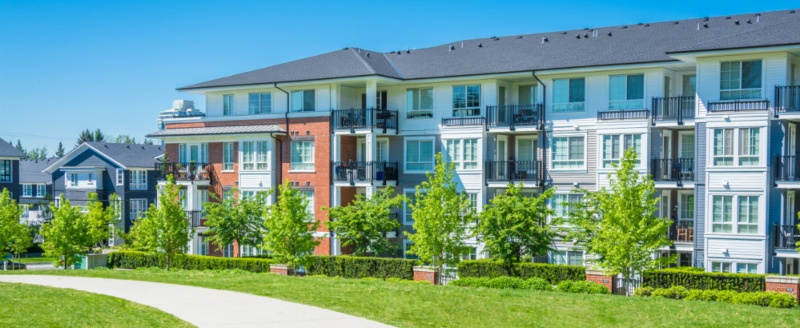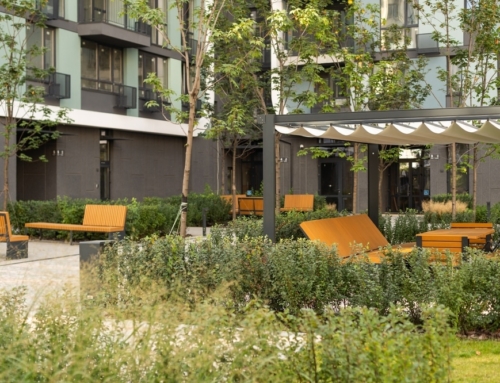When a condo declarant still owns unit in the building, they’re responsible for ongoing maintenance expenses in the building.
Q: We bought into a condo development five years ago. The condo documents said the declarant didn’t have to follow the condo rules or pay dues on his units until the last unit was sold.
We didn’t worry because the declarant control had expired and developer was paying a reduced agreed amount each month for upkeep. We figured it would all shake out once all units were sold. We are about 65 percent sold and there is a shortage of condos in our city. However, the developer decided to turn the last 35 percent of his units into rental units, and since he no longer plans to sell them, refuses to pay into the reserve fund or full condo dues.
The owners are concerned because renters move in and out more frequently and cause more wear and tear on the building. The developer claims he is still the declarant and so does not have to abide by rental rules like having dogs of a certain size, lease details and providing renters’ contact information to the management company.
Worse, we are short over $3,000 each month because of the previously agreed-upon reduced payment (we agreed to give developer a break to help sell the condos). But now there are no sales and we are stuck with reduced condo fees and no reserve fund support. Any advice?
A: Our advice is for you to contact an attorney whose practice area is in condominium law and who specializes in representing condominium associations. Almost always, the declarant and the developer are the same entity. It’s not unusual for a developer to reserve itself certain rights under the declaration, including the right to rent out units it can’t or has been unable to sell.
But it would be highly unusual for a developer to own units in a building and not pay assessments or other fees for the units it owns. So, for example, if you live in a 10-unit condominium building and each unit is supposed to pay $250 per month in assessments, the developer could reserve the right not to pay assessments to the association on the units the developer still owns. But, the developer may have other responsibilities to pay for ongoing maintenance expenses in the building.
It would seem to us unreasonable for a developer to own units in an association and not have an obligation to pay either assessments or for other expenses associated with the building. Let’s say the first unit sells and that owner pays $250 in monthly assessments to the association. The developer should be paying for all of the expenses for the building at that time. The developer still has to sell the other nine units and the common areas must be taken care of. At that point, the developer is probably bearing the full burden of all of the expenses. As long as the developer handles all of those expenses, the developer shouldn’t also have to pay assessments.
In turn, however, if the developer isn’t paying for any of the common expenses and still owns one unit, you’d expect that developer to its monthly assessments just as any other unit in the building. Given that you are losing quite a bit of money on a monthly basis, you’d be well off hiring an attorney in the condo law area to go over your association documents.
The attorney can determine if the documents are in order and assess what obligations the developer has under those documents and under any condominium statutes in your state.







Leave A Comment